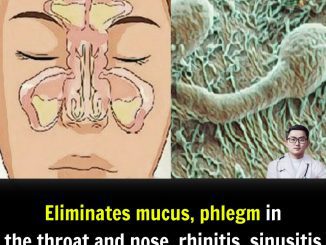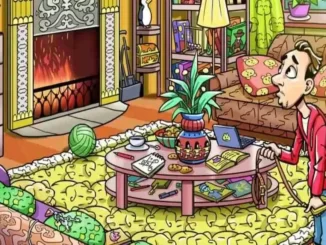When we think of oxygen in the body, we usually picture red blood cells rushing through veins, delivering life to every organ. But here’s something most people don’t know—your cornea, that transparent layer over your eye, has no blood supply at all. Zero. Zilch. Instead, it does something pretty incredible: it breathes. Literally. It absorbs oxygen directly from the air.
That’s right—part of your body is getting oxygen the same way your lungs do, but without a single blood vessel in sight. Let’s explore this eye-opening fact and see why your cornea is such a fascinating biological wonder.
What Exactly Is the Cornea and What Does It Do?

The cornea is the clear, dome-shaped surface that covers the front of your eye. Think of it as your eye’s windshield—it protects the inner eye and helps focus light so you can see clearly.
This outermost layer is made up of five ultra-thin layers of tissue, yet it plays one of the most critical roles in your vision. Without it, light wouldn’t bend properly, and everything would look blurry or distorted.
No Blood Vessels? How Is That Even Possible?
Here’s the crazy part: because the cornea needs to stay crystal clear to do its job, it can’t have blood vessels running through it like other parts of the body. Imagine trying to see through a window with veins inside—it wouldn’t work. So evolution came up with a genius solution: the cornea pulls in oxygen from the air instead.
Yes, you read that right. The tear film on your eye and the fluids inside it help carry oxygen straight from the atmosphere into your cornea. This is why contact lens wearers are warned not to wear their lenses for too long—blocking oxygen can starve the cornea and cause serious damage.
How Does the Cornea Get Its Nutrients Without Blood?
While oxygen comes from the air, the cornea still needs other nutrients to survive and function. That’s where the aqueous humor (the clear fluid behind your cornea) comes into play. It delivers glucose, amino acids, and other nutrients to the cornea from inside the eye.
So basically, the cornea is like a smart self-sustaining bubble—getting oxygen from outside and nutrients from inside. It’s a beautiful balance that allows your eye to stay healthy and your vision to stay sharp.
Video : The Only Part of Your Body That Doesn’t Need Blood!
Why Is the Cornea So Sensitive?
Ever got something tiny—like an eyelash—in your eye and felt like your entire body shut down? That’s your cornea doing its job.
Even though it doesn’t have blood vessels, the cornea is packed with nerve endings. In fact, it’s one of the most sensitive parts of your entire body. These nerves act like an early warning system, detecting any danger and triggering reflexes like blinking or tearing up to flush out invaders.
This sensitivity protects your eye from dust, dirt, and other hazards. It’s like having a 24/7 security system watching over your vision.
What Happens When the Cornea Doesn’t Get Enough Oxygen?
Just like any other part of the body, the cornea suffers without oxygen. If it gets deprived—say, from wearing contact lenses too long or sleeping in them—you could experience:
- Swelling (corneal edema)
- Cloudy vision
- Increased risk of infection
- Pain or a gritty feeling in your eye

Over time, this can lead to more severe issues like corneal ulcers or even permanent vision loss. That’s why it’s vital to let your eyes breathe, especially if you wear lenses or work in dry environments.
Fun Fact: Why Your Eyes Are Closed When You Sleep
Ever wonder why we naturally close our eyes when we sleep? Besides blocking light, it also helps maintain the cornea’s hydration and oxygen levels. Even while you’re dreaming, your eyes are still hard at work staying nourished and protected.
Tips to Keep Your Cornea Healthy
Want to take care of your cornea and ensure long-lasting, clear vision? Here are a few easy but essential tips:
- Let your eyes breathe: Don’t overwear contact lenses. Give your eyes regular breaks.
- Keep your contacts clean: Always disinfect and replace them as recommended.
- Stay hydrated: Your tear film needs water to transport oxygen.
- Use artificial tears if needed: Especially if you’re in a dry or windy environment.
- Protect your eyes from injury: Wear sunglasses or protective eyewear when needed.
Video : “Your Eyes Breathe! The Shocking Truth About Cornea & Oxygen Absorption”
The Takeaway: Your Cornea Is More Amazing Than You Think
Your cornea may not look like much—it’s clear, thin, and easily overlooked. But behind that simplicity is a biological masterpiece. No blood, no fuss, just smart engineering. It takes in oxygen from the air, absorbs nutrients from your eye fluids, and protects one of your most precious senses—your sight.
So the next time you blink or stare at a screen, take a moment to appreciate what your cornea does for you. It’s one of the few parts of your body that literally breathes with you—without you even noticing. Kind of poetic, right?
Remember: sometimes, the most powerful things are the ones you can’t even see.


